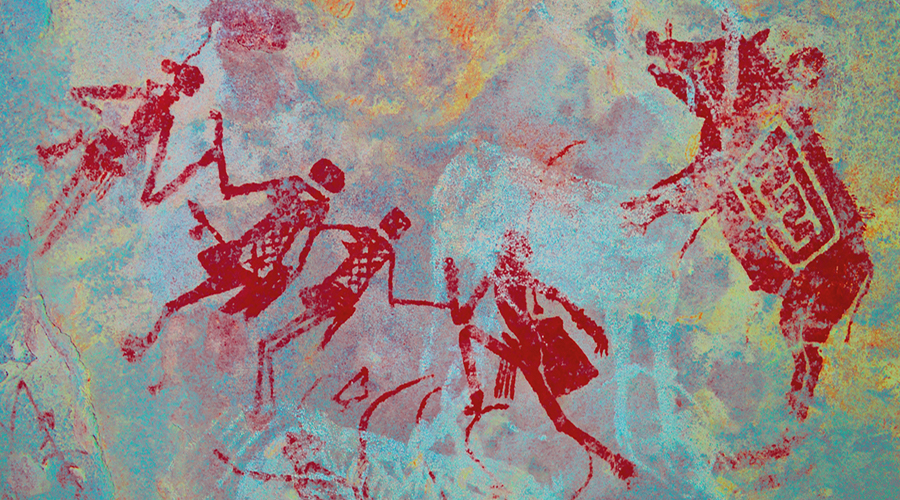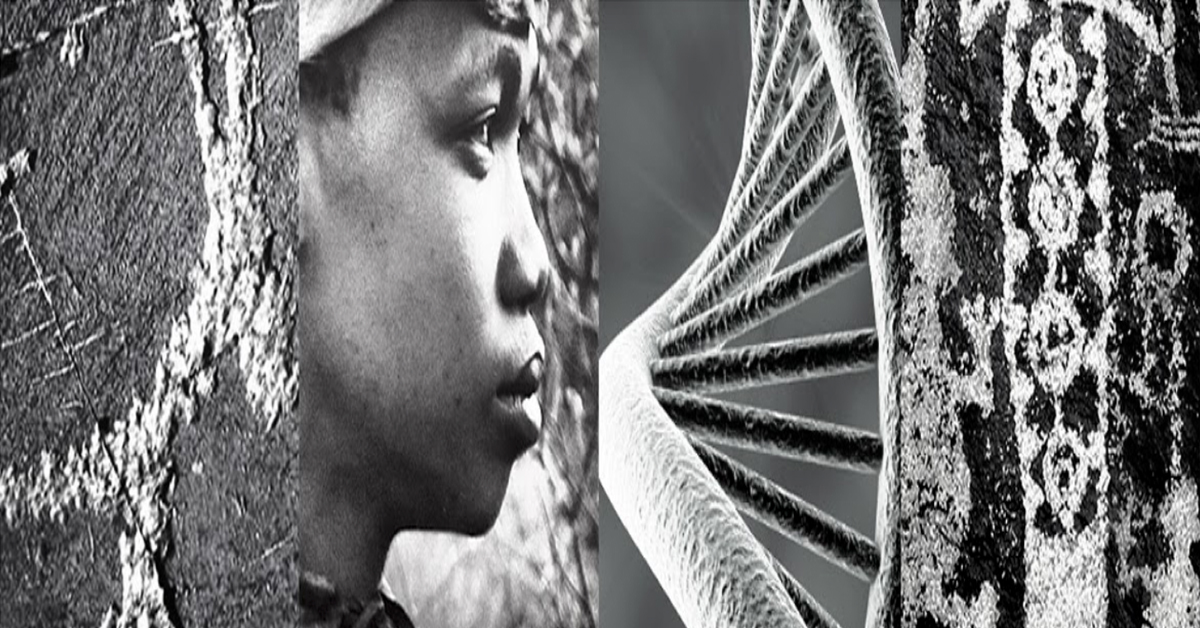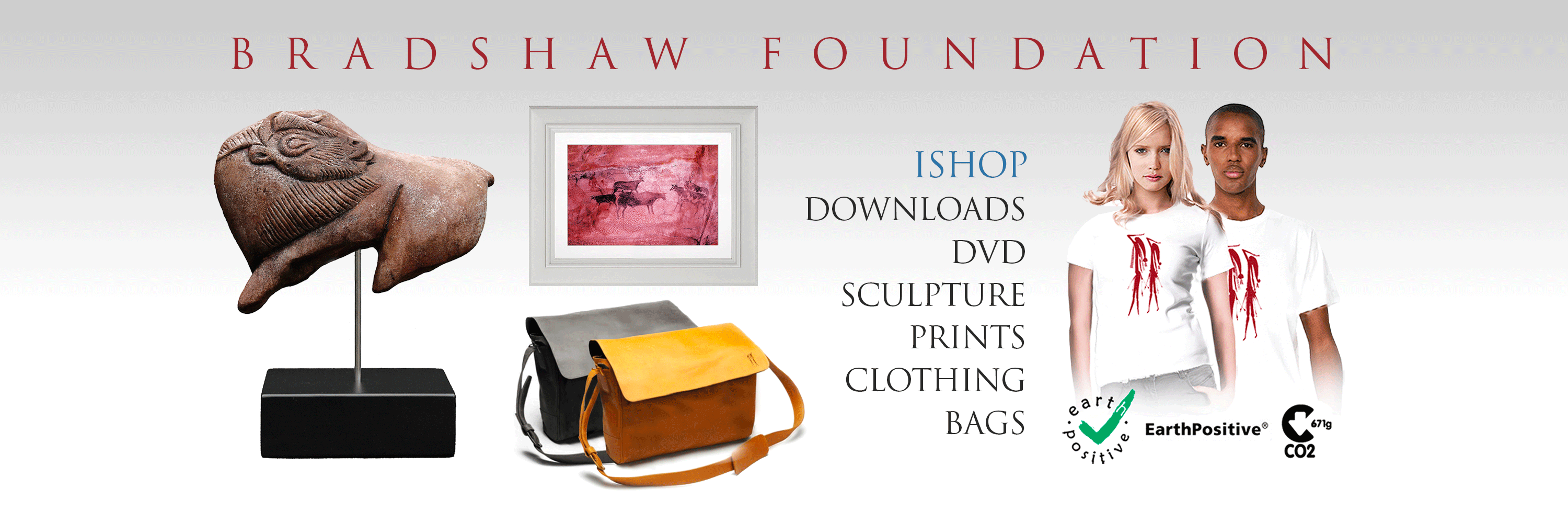


An article by Helen Tatham on stuff.co.nz - Heritage New Zealand status bestowed on Ngai Tahu rock art site - reports on the new status of a nationally significant Maori ancestral site.

A Ngai Tahu Rock Art Trust site in South Canterbury has received wahi tupuna (sacred ancestors) registration under Heritage New Zealand recognising it as a nationally significant Maori ancestral site. The trust that oversees the site on 10 hectares of private farmland near Opihi has also recently taken delivery of a $17,500 plan for ecological restoration.
Trust curator Amanda Symon said the Heritage New Zealand (HNZ) registration was recognition of the significance of the property, which contains 25 rock art sites. The most well-known is the Opihi Taniwha site. Symon explained that "It is more than just rock art; it is the connection of the ancestors to the landscape which is well illustrated by the rock art," and that the site was significant to Ngai Tahu, particularly Te Runanga o Arowhenua.
The restoration plan was completed by Landcare Research research associate Peter Heenan who surveyed the property to determine a program of replanting native species and ongoing management of the site. Pest plants such as gorse, ash trees and blackberry will be removed as well as animals like rabbits, feral cats and wallaby. The restoration is likely to draw on the nationally significant Rene Orchiston collection of harakeke flax plants used for traditional weaving for planting in different ecological areas on the property. About 47,000 native plants will be used in the restoration altogether, in what is being seen as a 10 year plan and possibly costing $500,000. The trust would be applying for funding from various sources and is hoping work will start in September or October.

While tours to the site are popular, Symon said the wider aspiration for the property was for people to learn about the unique cultural and ecological heritage and understand the Maori story of the district.
Read more:
James Henare Māori Research Centre - with a focus on providing excellent research for the benefit of Māori communities in the Tai Tokerau region.
by Bradshaw Foundation
Friday 09 August 2024
by Bradshaw Foundation
Wednesday 24 July 2024
by Bradshaw Foundation
Thursday 04 July 2024
by Bradshaw Foundation
Monday 01 July 2024
by Bradshaw Foundation
Wednesday 20 March 2024
by Bradshaw Foundation
Tuesday 13 February 2024
by Bradshaw Foundation
Tuesday 13 February 2024
by Bradshaw Foundation
Thursday 01 February 2024
by Bradshaw Foundation
Tuesday 28 November 2023
by Bradshaw Foundation
Thursday 23 November 2023
by Bradshaw Foundation
Monday 20 November 2023
by Bradshaw Foundation
Tuesday 31 October 2023
by Bradshaw Foundation
Thursday 26 October 2023
by Bradshaw Foundation
Wednesday 20 September 2023
by Bradshaw Foundation
Monday 17 July 2023
by Bradshaw Foundation
Sunday 09 July 2023
by Bradshaw Foundation
Friday 09 August 2024
by Bradshaw Foundation
Wednesday 24 July 2024
by Bradshaw Foundation
Thursday 04 July 2024
by Bradshaw Foundation
Monday 01 July 2024
by Bradshaw Foundation
Wednesday 20 March 2024
by Bradshaw Foundation
Tuesday 13 February 2024
by Bradshaw Foundation
Tuesday 13 February 2024
by Bradshaw Foundation
Thursday 01 February 2024
by Bradshaw Foundation
Tuesday 28 November 2023
by Bradshaw Foundation
Thursday 23 November 2023
by Bradshaw Foundation
Monday 20 November 2023
by Bradshaw Foundation
Tuesday 31 October 2023
by Bradshaw Foundation
Thursday 26 October 2023
by Bradshaw Foundation
Wednesday 20 September 2023
by Bradshaw Foundation
Monday 17 July 2023
by Bradshaw Foundation
Sunday 09 July 2023
Friend of the Foundation











